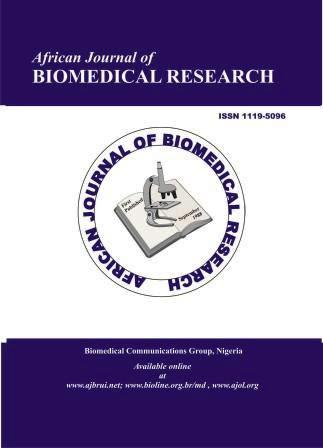Analytical Approach Driven by Quality by Design (QBD) for the Development and Validation of an RP-HPLC Method of Cariprazine Hydrochloride in Pure and Dosage Forms
DOI:
https://doi.org/10.53555/AJBR.v28i1.7545Keywords:
Analytical quality by design, RP-HPLC, Cariprazine HCL, Box-Behnken Design, Design of Experiment.Abstract
Background: Using design of experiments (DoE) and response surface methodology, this study aimed to optimize a Reverse Phase-High Performance Liquid Chromatography (RP-HPLC) method for the estimation of Cariprazine Hydrochloride (CPZ HCL) under a quality by design (QbD) model employing the Box-Behnken design (BBD). The method was validated for accurate measurement of CPZ HCL in bulk and pharmaceutical dosage forms. Existing literature highlights the need for a robust and reproducible RP-HPLC method for CPZ HCL estimation, which this study addresses through systematic optimization.
Results: The separation was achieved using a BDS Hypersil™ C18 column (250 × 4.6 mm) with a mobile phase comprising methanol and ammonium acetate buffer (70:30% v/v; pH 4.8), at a flow rate of 1 mL/min. The detection wavelength was set at 217 nm, resulting in well-resolved and symmetrical peaks with a retention time of 6.9 minutes. The method demonstrated excellent linearity (10–60 µg/mL, R² = 0.999) and was validated as per ICH guidelines. Accuracy was confirmed with recovery rates between 98.91% and 101.83%, and precision was established with RSD < 2%. The limits of detection (LOD) and quantification (LOQ) were 5.07 µg/mL and 15.37 µg/mL, respectively. The Box-Behnken design successfully elucidated the effects of key parameters, including column temperature, organic phase concentration, and flow rate, on method performance.
Conclusions: This validated RP-HPLC method is simple, accurate and reproducible. It effectively determines Cariprazine Hydrochloride in pharmaceutical preparations, ensuring reliability and efficiency in quality control applications. The study underscores the significance of systematic method optimization using QbD principles to enhance analytical performance.
Downloads
Published
Issue
Section
License
Copyright (c) 2024 Nilesh Kholpe, Dr. Ashish Jain, Dr. Sushama Fulmali, Dr. Mukesh Patil, Srushti Kadave (Author)

This work is licensed under a Creative Commons Attribution 4.0 International License.









